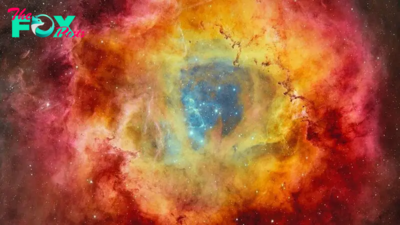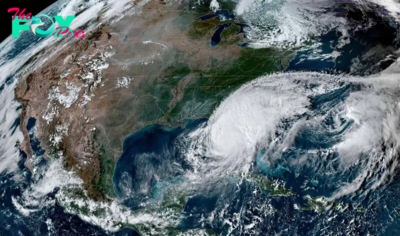Science
James Webb Space Telescope is 'science and magic rolled together,' says iconic astronomer Maggie Aderin-Pocock
Maggie Aderin-Pocock never imagined she'd become one of the United Kingdom's most famous scientists. Best known for co-hosting the BBC's astronomy TV program "The Sky at Night," the space scientist and broadcaster rose from unlikely circumstances to pursue her dreams.
Growing up with dyslexia in government housing in London, Aderin-Pocock went on to study physics and later mechanical engineering at Imperial College London. She then worked on space Technology projects that include satellite monitoring of climate change and a key scientific instrument aboard the James Webb Space Telescope (JWST) called the Near-infrared spectrograph (NIRSpec), which measures the light from distant cosmic objects to discover the elements and molecules they’re made of.
Now, Aderin-Pocock has written a new book on the telescope, Webb's Universe: The Space Telescope Images That Reveal Our Cosmic History, that she hopes will encourage more children to enter careers in Science, Technology, engineering and mathematics (STEM). Live Science spoke with her at the Royal Institution in London to discuss the iconic telescope, her work, and inspiring a new generation of scientists.
Ben Turner: Do you remember the moment you knew you wanted to study space for a living? Was it even one moment of realization, or a slow burn?
Maggie Aderin-Pocock: I can't remember a time when I wasn't interested in space, and I think that's because I was born in 1968. The moon landing was in 1969, so I was brought up in that hubbub of excitement where everything was about going to the moon and people exploring the moon — so that was the baseline.
I went to 13 different schools when I was growing up, and four different primary schools, so my education was quite broken up. I say that to some kids and they look at me in horror: "How naughty were you?!" Because my parents broke up when I was about four, sometimes I was with my mum, sometimes with my dad, and that's why I went to lots of different schools.
I felt quite disenfranchised from school. Although working in space and in science was my dream, I remember telling one teacher that I wanted to be a space scientist and they looked at me and said: "Why don't you go into nursing?" So I kept the dream close to my chest, and it was only after university that I started thinking it was a possibility.
-

 Science3d ago
Science3d agoInside Capitol Hill’s Latest UFO Hearings
-
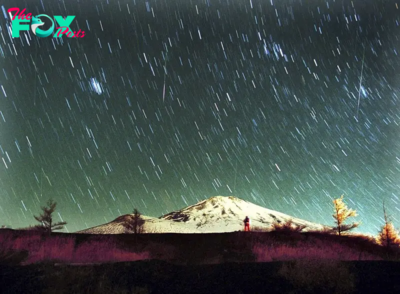
 Science3d ago
Science3d agoYou Won’t Want to Miss the Leonid Meteor Shower. Here’s How and When You Can See It
-
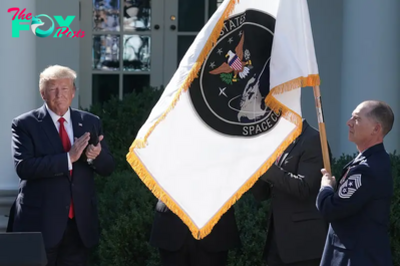
 Science4d ago
Science4d agoHere’s What Trump’s Win Means for NASA
-
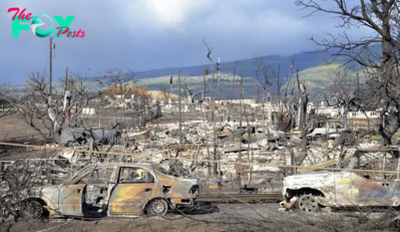
 Science1w ago
Science1w agoWhy Risky Wildfire Zones Have Been Increasing Around the World
-

 Science1w ago
Science1w agoIt’s Time to Redefine What a Megafire Is in the Climate Change Era
-
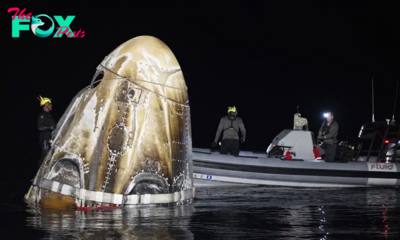
 Science1w ago
Science1w ago4 Astronauts Return to Earth After Being Delayed by Boeing’s Capsule Trouble and Hurricane Milton
-
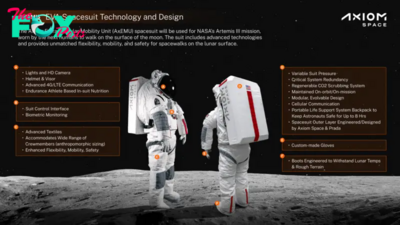
 Science1w ago
Science1w agoThe Elegance and Awkwardness of NASA’s New Moon Suit, Designed by Axiom and Prada
-
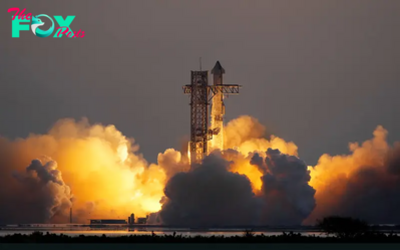
 Science2w ago
Science2w agoSpaceX Launches Its Mega Starship Rocket. This Time, Mechanical Arms Catch It at Landing
